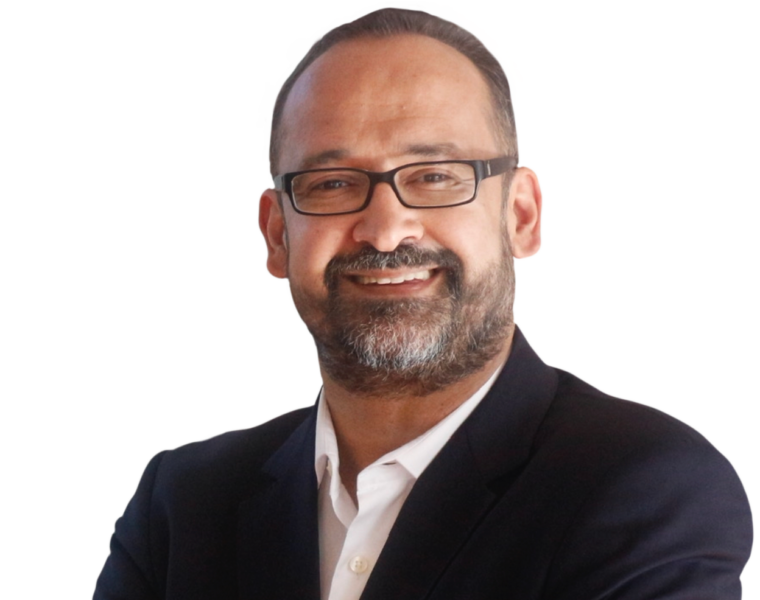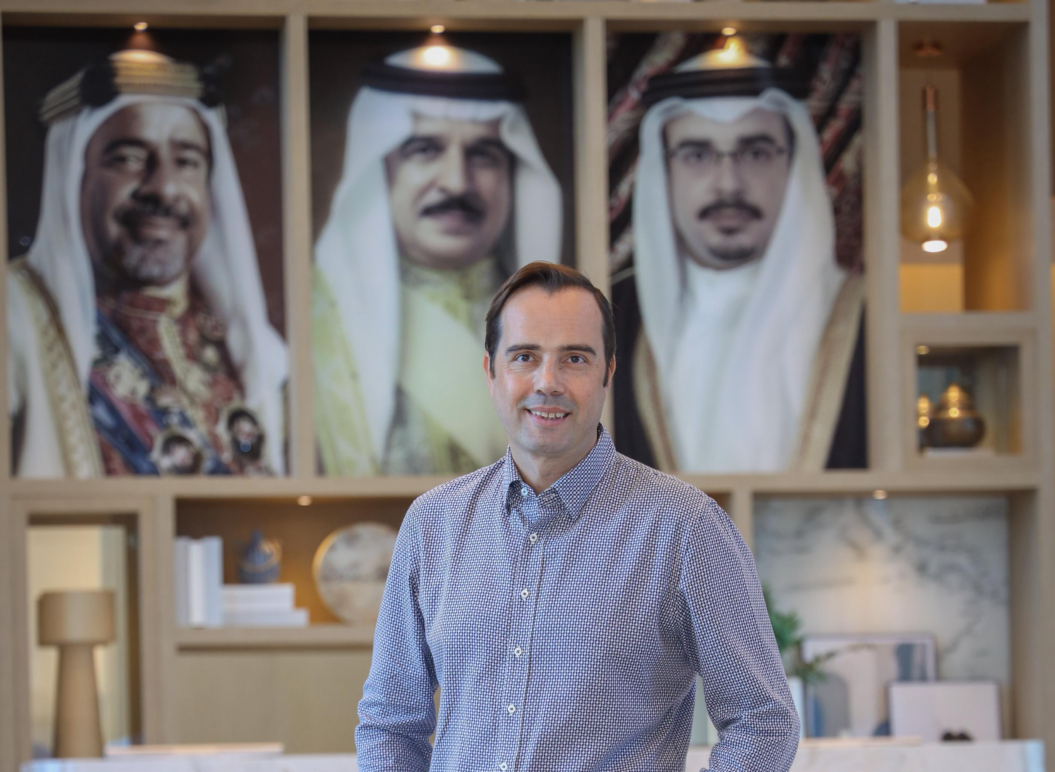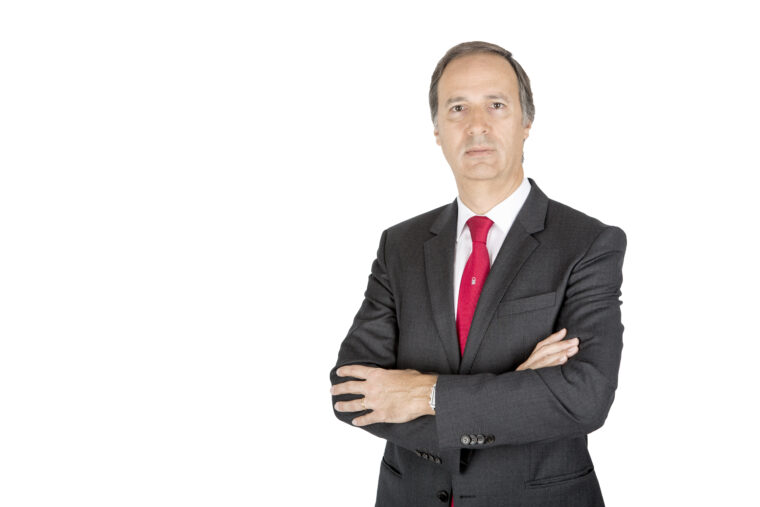As part of the partnership between the Portuguese Diaspora Council and Jornal de Negócios, Ricardo Vale, General Manager at Emaar Hospitality Group and Counselor of the Middle East Regional Hub, was interviewed by Jornal de Negócios. In the interview, Ricardo Vale discussed his professional journey and identified competitive opportunities for Portugal, its economy, companies, and entrepreneurs in general.
1 – WHAT LED YOU TO LEAVE PORTUGAL?
The decision to leave Portugal was driven by a combination of professional ambition and cultural curiosity. From an early age, I’ve always had a deep passion for the hospitality industry and for connecting with people from diverse backgrounds. Working abroad naturally emerged as an opportunity for growth. Hospitality is, by nature, a global industry, and I realized that in order to achieve my career goals and develop a broader perspective on hotel management, it would be essential to live and work in international settings.
My first international challenge opened my eyes to the vast opportunities that exist beyond our borders — not only in terms of career advancement but also in terms of personal development. Leaving Portugal did not mean distancing myself from the country, but rather enriching myself with new experiences that I now carry with me and apply daily in leading the teams I work with.
2 – WHAT ADVANTAGES OR DISADVANTAGES HAS THE FACT THAT YOU ARE PORTUGUESE BROUGHT YOU?
Being Portuguese has undoubtedly been an asset. Our culture is deeply rooted in values such as hospitality, empathy, adaptability, and resilience — essential qualities in any international context. Portuguese professionals are generally well regarded abroad for being hardworking, flexible, and having a balanced approach to problem-solving.
On the other hand, a potential disadvantage may lie in Portugal’s still limited international visibility as a “professional brand.” Often, we have to prove ourselves more than others from countries with a stronger global presence. However, this also makes us stronger and pushes us to be consistent and to deliver results in a solid and sustainable way.
3 – WHAT OBSTACLES DID YOU HAVE TO OVERCOME AND HOW DID YOU DO IT?
There were many obstacles, as is natural in any international journey, especially when taking on the responsibility of leading complex and culturally diverse operations. One of the biggest challenges was adapting to cultural contexts that were very different from the one in which I was trained, both in terms of communication and people management. Leadership in the Middle East, for example, requires a balance between firmness and cultural sensitivity — something that is learned over time, with humility and active listening.
Another challenge was building credibility in a highly competitive environment, where results speak louder than résumés. I overcame these obstacles with focus, dedication, and a strong commitment to the values that have always guided me: integrity, professionalism, and respect for people. Continuous learning was also essential — I never stopped learning, staying up to date, and closely observing the successful models around me.
4 – WHAT DO YOU MOST ADMIRE ABOUT THE COUNTRY YOU ARE CURRENTLY IN?
Bahrain is a surprising country that harmoniously blends tradition and modernity. It is one of the Gulf countries with the greatest cultural and social openness, and this is evident in daily life — both in the way business is conducted and in society in general. I particularly admire how they value education, invest in innovation, and support local entrepreneurship.
There is also a very genuine spirit of hospitality, which I deeply relate to. People are warm, respectful, and there is a strong sense of community. In addition, Bahrain has a strategic location, making it a natural hub for business and tourism in the Gulf. The country’s ambition to become a premium destination — both for leisure and business tourism — is clear, and it is incredibly motivating to be part of this transformative movement.
5 – WHAT DO YOU ADMIRE MOST ABOUT THE COMPANY / ORGANIZATION YOU ARE IN?
I currently work as General Manager at ADDRESS Hotels & Resorts, part of the Emaar Hospitality Group — one of the most prestigious in the Middle East. What I admire most about the company is how it combines a vision of contemporary luxury with a people-centric approach — towards both guests and employees.
There is a strong culture of excellence, where innovation is encouraged and professionals are given space to grow and actively contribute ideas. The company values attention to detail, personalized experiences, and above all, consistency. Working in a group of this scale requires me to always stay one step ahead, to anticipate trends, and to ensure that the team remains motivated and aligned with strategic goals. It’s a culture of positive challenge that brings out the best in everyone.
6 – WHAT RECOMMENDATIONS DO YOU HAVE FOR PORTUGAL, ITS ENTREPRENEURS AND MANAGERS?
Portugal has been gaining prominence in recent years, but there is still enormous untapped potential. My main recommendation would be to invest more in internationalization and in promoting the Portugal brand. We have products and services of exceptional quality, but we often fall short in how we communicate or position them abroad.
It is also essential to invest in continuous training, especially in areas such as leadership, innovation, and digital skills. Modern management requires a global mindset, adaptability, and a clear focus on results. Portuguese entrepreneurs should be more ambitious, think in terms of international partnerships, and look toward markets like the Gulf, where there is a strong demand for quality and authenticity — something Portugal can offer like few others.
7 – IN WHICH SECTORS OF THE COUNTRY WHERE YOU LIVE CAN PORTUGUESE COMPANIES FIND CUSTOMERS?
Bahrain, like other Gulf countries, has a strong appetite for premium, sustainable products and services with a distinct identity. I see concrete opportunities for Portuguese companies in sectors such as Tourism and Hospitality, Architecture and Interior Design, Sustainable Technologies, High-Quality Agri-food, and Fashion and Lifestyle — where brands with a unique identity and a compelling story to tell have room to grow in these markets.
8 – IN WHICH SECTORS IN PORTUGAL COULD COMPANIES IN THE COUNTRY WHERE YOU ARE WANT TO INVEST?
Portugal is increasingly seen as an attractive country for investment, not only because of its climate and location but also due to its stability and talent. Sectors that generate strong interest in the Middle East include residential and tourism real estate, health and wellness tourism, tech startups, and education and training.
9 – WHAT IS THE COMPETITIVE ADVANTAGE OF THE COUNTRY YOU ARE IN THAT COULD BE REPLICATED IN PORTUGAL?
One of Bahrain’s key competitive advantages is the agility in decision-making and the alignment between the public and private sectors. There is a clear national strategic vision, shared across various institutions, which enables coordinated action. Projects move forward quickly, and bureaucratic processes are streamlined to attract investment.
Portugal could benefit from a similar model, with a more agile administration, less bureaucracy, and a stronger focus on concrete results. Additionally, Bahrain invests heavily in innovation and technology as foundations for growth — something that could also be further strengthened in Portugal.
10 – ARE YOU THINKING OF RETURNING TO PORTUGAL? WHY?
Portugal is and will always be home. I often think about returning, not only for personal and family reasons but also out of a desire to actively contribute to the country’s development. My international experience has given me a broader perspective and valuable insights that I would like to put at the service of Portugal — particularly in the tourism and hospitality sector, where I believe we have even more potential to assert ourselves globally.
I believe that returning one day will be a way to give back everything the country has given me — the solid foundation, the values, and the education that allowed me to get to where I am today.







